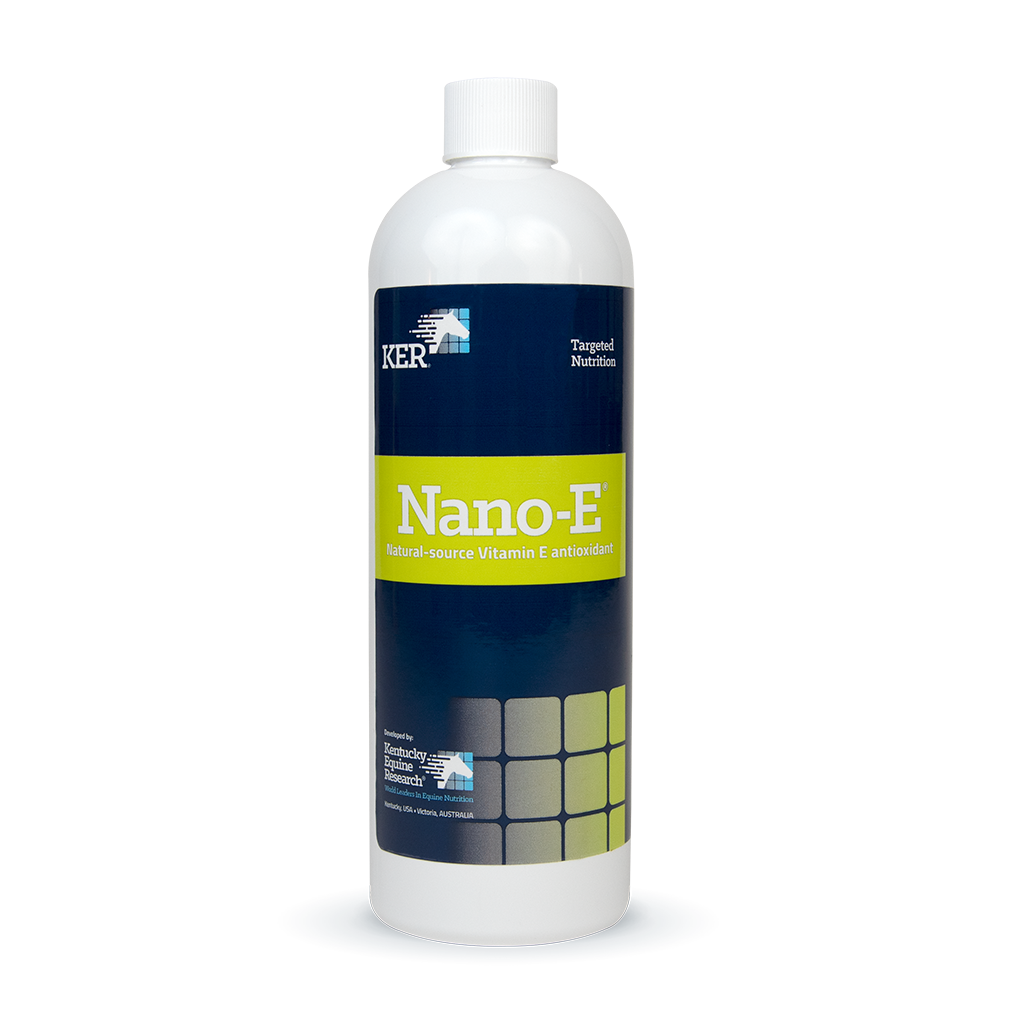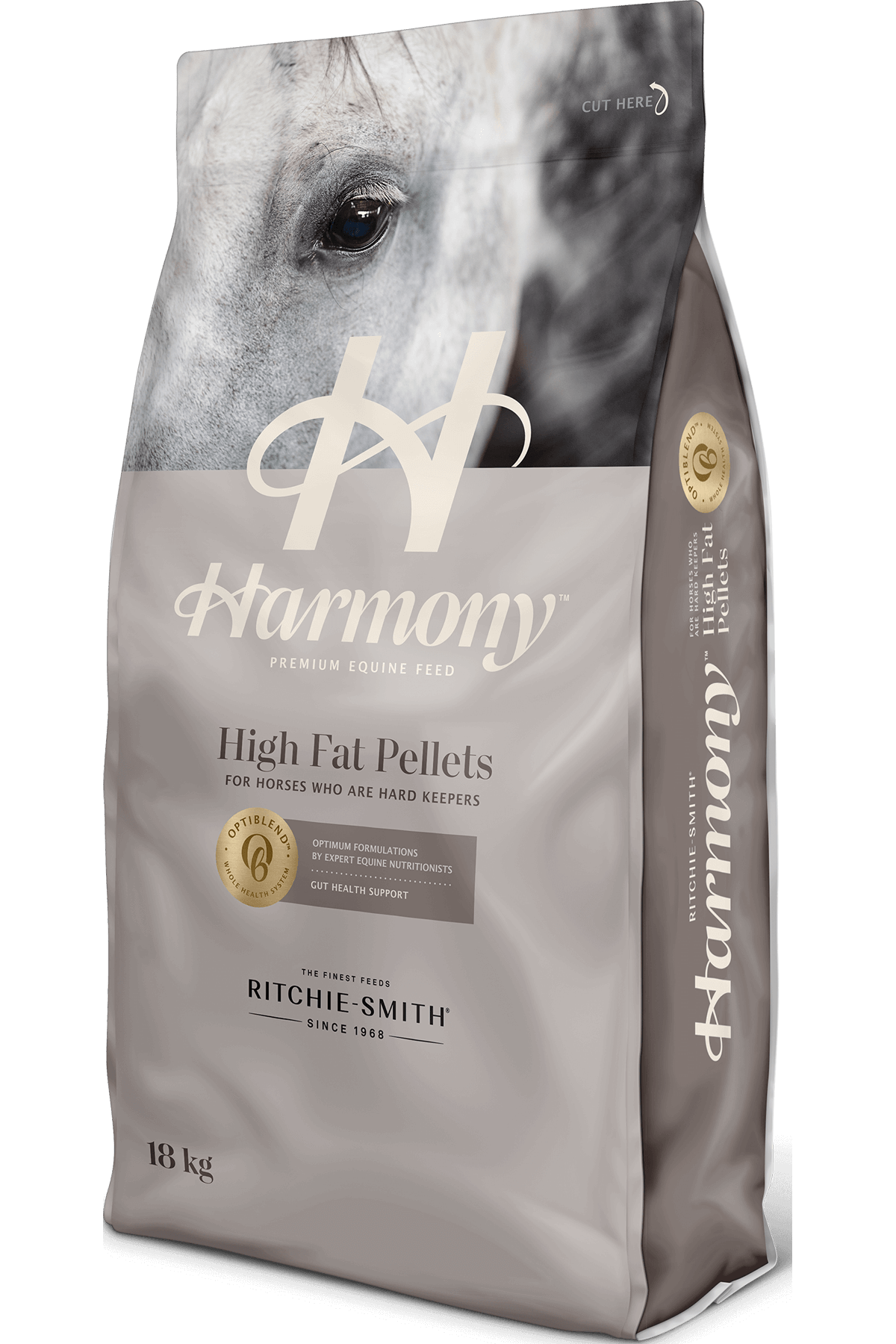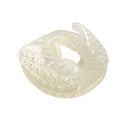Equine Nutrition Myths
Horse owners want what’s best for their equine friends which means providing them with the best possible sources of nutrition. Unfortunately, there are numerous myths about equine nutrition which masquerade as facts. Luckily, today, we have equine nutrition experts and nutrition, research, and consultation companies such as Kentucky Equine Research (KER), serving horse owners and the feed industry, who can help us distinguish facts from fiction. At Source For Horse, want to help you ensure that your horse’s diet is formulated based on the most scientific and up-to-date information available.
Myths About Feeding Schedules
Feeding your horse at the same time every day is not really as important as many horse owners may think. Horses can expect to feed at a particular time of day because they have been conditioned by the feeding schedules set up by their horse owners. There is no scientific data that states horses need to be fed at a particular time. The best feeding schedule is one that is similar to a horse’s natural eating habits. This means allowing your horse to eat hay throughout the day when it needs to. This will permit a more flexible feeding schedule and minimize the risk of colic and laminitis.
Normally, in the wild, horses take in small amounts of forage and nutrients throughout the course of the day. Therefore, they don’t have issues such as starch overload which is the result of eating two large amounts of grain during the day. By eating throughout the day, their digestive system is able to process the feed and absorb the necessary nutrients before they reach the hindgut. What’s more, their stomach always has food in it which helps prevent irritation from stomach acids.
Myths About The Foundations of Your Horse’s Diet
Even though horses, like cattle or sheep, are animals that normally graze, there are many horse owners who believe that their horse’s diet should consist of mostly concentrates or grains and hay should be secondary. The digestive tract of a horse is meant to break down forage from which it can acquire the necessary energy. In fact, breeds with low metabolic rates can live healthy lives with just forage.
For the majority of horse breeds, forage should consist of the bulk of their food source. According to the experts at KER, a “general rule of thumb would be to feed at least 50% of the weight of the diet in forage.” However, in order to achieve a balanced diet, it may be necessary to include the right concentrates and grains that will meet the particular needs of your horse.
Myths About Minimizing Protein in Your Horse’s Diet
Some horse owners claim that when they feed their horses protein-rich feed like alfalfa, it makes them more aggressive and causes health problems. The truth is that without the proper amount of protein, the muscle mass of your horse can begin to atrophy and it will display a lack of energy. If you feed your horse a diet high in protein and calories, it should be expected that it will have more energy and spirit. But it doesn’t mean that the energy and hyperactivity is due to the amount of protein in its diet, it is most likely the result of excess calories.
Even if your horse is fed more protein than it actually needs, it’s capable of metabolizing the protein and expelling it in the form of excessive nitrogen in its urine. You may also notice that if your feed it too much protein, your horse will drink more water than usual, which increases urination.
Myths About Feedbag Instructions
Horse owners often believe that the feeding instructions on feedbags don’t actually need to be adhered to and may provide less feed for their horses. However, feed manufacturers conduct research to determine the proper amount of feed in order for horse owners to provide the right fortification of protein, minerals, and vitamins for specific a class of horses. Providing horses with reduced amounts of feed means that they will not receive the required amount of necessary nutrients to maintain optimal health.
Source For Horse Nutritional Products
At Source For Horse, our nutritional products are chosen with care in order to provide horses with the nutrients needed to improve their health and performance. Consequently, we offer our clients advanced equine nutrition products by KER which continually develops innovative solutions to deal with the health and nutritional challenges inherent in modern horse management, including unique nutritional supplements, exclusive feed ingredients, and partner feeds. If you have any questions about equine nutrition, Ashley Moore, our equine nutrition and wellness advisor, will be happy to answer them.




